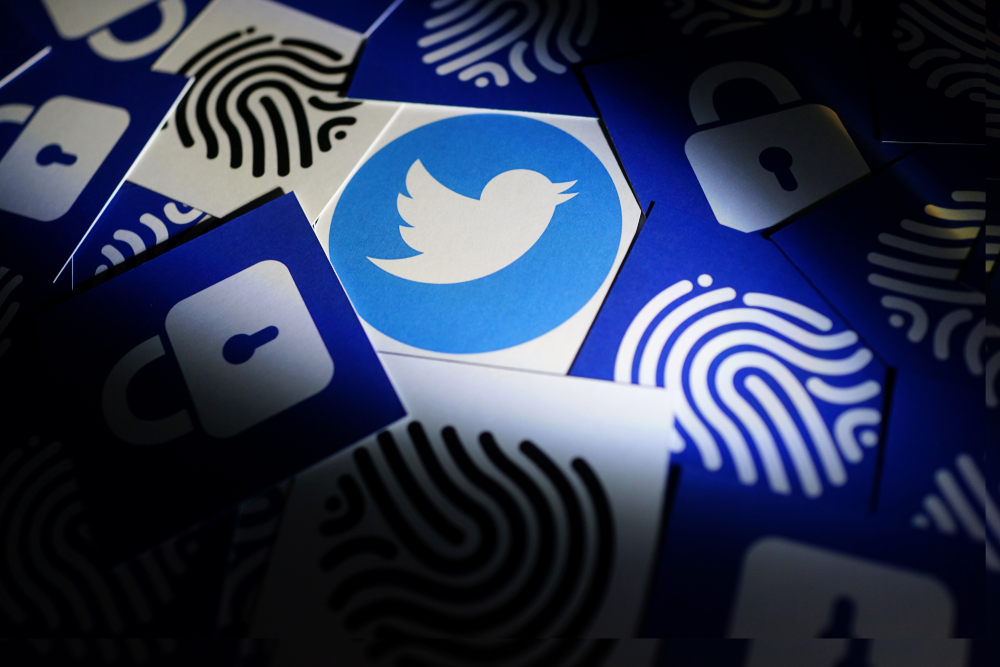Virtual worlds open to malware and identity theft
Increasing use of virtual worlds as social and business platforms means that they are being increasingly targeted by criminals.

Research has revealed that virtual world fraud is an increasing threat, with the theft of virtual property as well as the loss of private data.
A new survey and report from European Union agency ENISA said that corporate, social as well as gaming worlds were being increasingly targeted by malware.
YouGov, industry, academic and government experts were also involved in the report, with the survey using data from 1,500 respondents from the UK, Sweden and Germany.
Kaspersky Labs said that in less than a year, malicious programs targeting virtual world accounts had increased by 145 per cent, with more than 30,000 new malicious programs detected.
Malware was increasingly targeting virtual property, which was having an increasing value in the real-world economy.
Although many virtual worlds discouraged out-of-world transactions, some such as Second Life encouraged the cross-over by publishing official exchange rates between real and in-world currencies.
"While annual real-money sales of virtual goods is estimated at nearly 1.5 billion Euros (1.2 billion), users can do very little if their virtual property is stolen. They are a very soft target for cybercriminals," said Giles Hogben, the editor of the report.
Sign up today and you will receive a free copy of our Future Focus 2025 report - the leading guidance on AI, cybersecurity and other IT challenges as per 700+ senior executives
"There are one billion registered players of online games worldwide and the malware targeting them affects everyone with a computer connected to the internet."
Users were also risking their private data as they commonly perceived that their online personas were completely separate from their real lives. They tended to give significant data way using channels such as voice or chat.
The report warned that representing yourself as an avatar was no different to from any other online persona which you would use on Facebook or MySpace just a three-dimensional version.
"People should take just as much care of their personal data in these environments as in any other online context," said executive director of ENISA, Andrea Pirotti.
Bots could also be sprinkled within virtual worlds to spread spam or advertise products.
The report is available here.
-
 Gender diversity improvements could be the key to tackling the UK's AI skills shortage
Gender diversity improvements could be the key to tackling the UK's AI skills shortageNews Encouraging more women to pursue tech careers could plug huge gaps in the AI workforce
-
 Researchers claim Salt Typhoon masterminds learned their trade at Cisco Network Academy
Researchers claim Salt Typhoon masterminds learned their trade at Cisco Network AcademyNews The Salt Typhoon hacker group has targeted telecoms operators and US National Guard networks in recent years
-
 The creator effect: Shaping the future of travel
The creator effect: Shaping the future of travelWhitepaper The way forward for the travel sector
-
 How digital marketing will evolve beyond social media
How digital marketing will evolve beyond social mediaIn-depth Twitter's ongoing destabilisation proves businesses can't rely on social media for digital marketing forever
-
 TikTok launches programme to help SMBs with social media marketing
TikTok launches programme to help SMBs with social media marketingNews Six-week initiative aims to equip businesses with the skills they need to get started on the social platform
-
 Google accused of colluding with Facebook over advertising auctions
Google accused of colluding with Facebook over advertising auctionsNews The deal was designed to "kill competition" within the market, a multi-state lawsuit claims
-
 Snapchat now allows you to display subscriber numbers
Snapchat now allows you to display subscriber numbersNews This update will help companies to show their influence on their industries
-
 New chatbot and nano influencer services help online sellers
New chatbot and nano influencer services help online sellersNews Online sellers will be able to grow brand awareness, boost buying frequency and build brand loyalty
-
 Facebook launches a unified UI for managing small business accounts
Facebook launches a unified UI for managing small business accountsNews The social network has also released consumer surveys that show encouraging stats for local SMBs
-
 Businesses should act fast during upcoming Twitter purge
Businesses should act fast during upcoming Twitter purgeNews Twitter is freeing up dormant accounts, with hugely valuable handles available to the fastest fingers